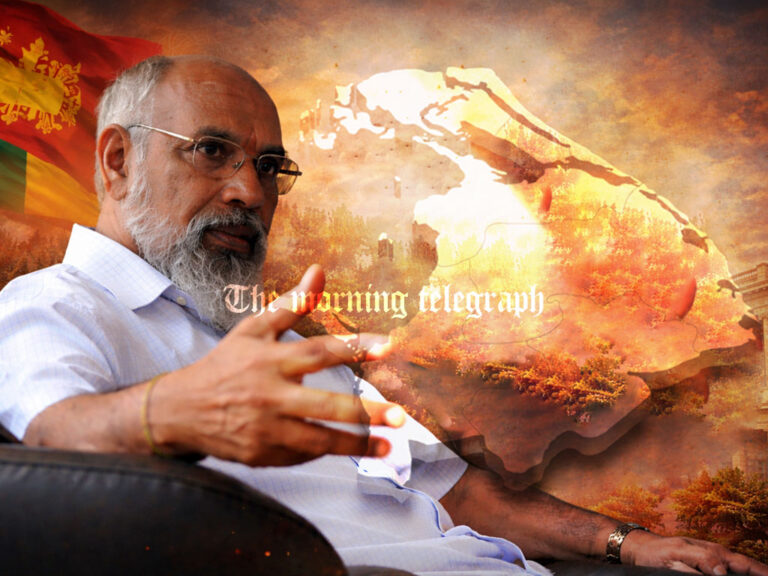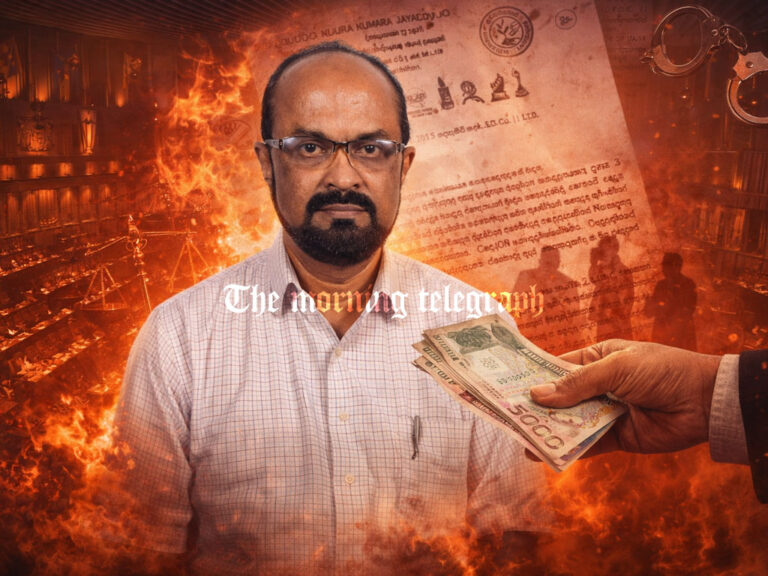
In defiance of a government-imposed ban, students across Bangladesh have continued their protests, voicing their demands for educational reforms and better conditions. The student-led demonstrations, which began several weeks ago, have seen widespread participation despite attempts to curtail the movement.
The protests, primarily driven by students from universities and colleges, initially focused on issues related to inadequate facilities, outdated curricula, and a lack of support for students. Over time, the movement has expanded to include calls for broader reforms in the education sector and increased government accountability.
Authorities had attempted to suppress the protests by implementing a ban on gatherings and deploying security forces to disperse crowds. However, these measures have not deterred the students. Many have resorted to peaceful demonstrations, sit-ins, and online campaigns to maintain pressure on the government.
Student leaders have criticized the government’s response, arguing that the ban on protests infringes on their right to peacefully assemble and voice their concerns. They have called for dialogue with officials to address their grievances and push for meaningful reforms in the education system.
The ongoing protests have garnered support from various civil society groups and political activists, who have expressed solidarity with the students’ cause. International observers have also noted the situation, emphasizing the importance of respecting democratic rights and freedoms.
As the protests continue, the government faces increasing pressure to engage with the students and address their demands. The outcome of this standoff remains uncertain, but the determination of the students highlights the growing demand for change and accountability within Bangladesh’s education system.




